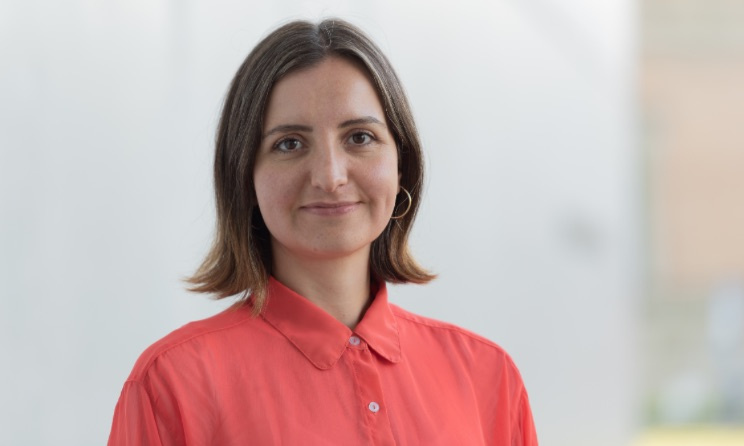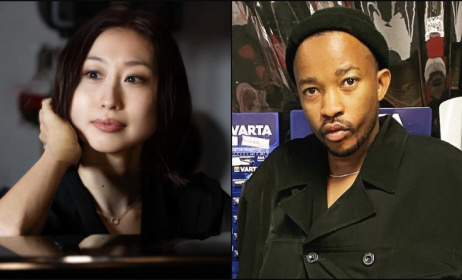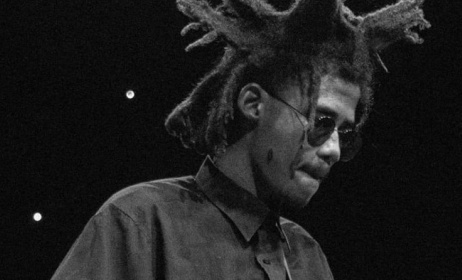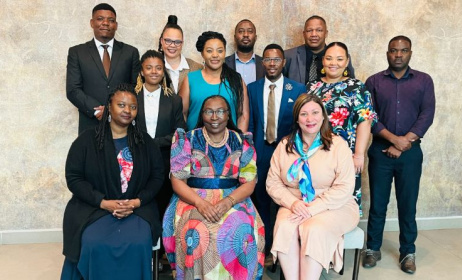Namibia: Banu Tülü and Miriam Koch to play NUTS gig
Goethe-Institut Namibia has announced that it will kick-start this year’s Night Under the Stars (NUTS) concert series with performances by German artists Banu Tülü and Miriam Koch in Windhoek on 3 February.
 German artist Banu Tülü will perform at Night Under The Stars concert in Windhoek, Namibia, on 3 February.
German artist Banu Tülü will perform at Night Under The Stars concert in Windhoek, Namibia, on 3 February.
Tülü and Koch were both awarded the Namibia fellowships for artists living in Germany by the Goethe-Institut, in partnership with the Akademie Schloss Solitude, and the National Art Gallery of Namibia. The NUTS series programme will feature music, sound, visuals and poetry.
Tülü is a Berlin-based sound artist, producer, DJ and researcher with a background in urban design originally from south east Turkey. Her ideas and research are based primarily in sound and sonic methodologies. Her practice-based approach involves participation, social design, ecology, intersectional feminist theory and draws on the artistic, cultural and political imagination as a tool for social change.
She describes the genre of music she produces as electronic music. “It can drive from techno to ambient and includes melody and rhythmical traditional elements like drums. My biggest inspiration is everyday life and the city. The movement of the people, the hum, the chaos, the traffic, the noise and the silence,” Tülü said.
Often surprising and trippy, but still groovy, Tülü's style is influenced by illegal rave experiences in the techno scene. She believes in the power of sound and music as tools of empowerment for different communities and marginalised groups. TransSoundScapes, her debut album, was released by Intergalactic Research Institute for Sound.
Tülü added: “For NUTS, I am thinking of a semi-improvised hybrid live set. That means I will be sounding the whole night but it will be open to other musicians to contribute to my sound. There will be a lot of surprises.”
Koch, who has a Kenyan descent, is a politically active artist and psychosocial counsellor whose work examines the decolonisation and portrayal of Black and Afrodiasporic realities and German dissonance. As a visual artist, she examines the possibilities of decolonisation and Afrodiasporic futures through imagination, dreaming and deconstructing the oppressive gaze whilst stuck within these prisms of the present.































Comments
Log in or register to post comments